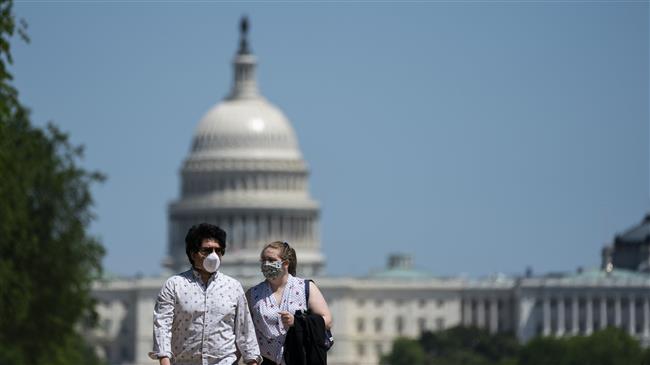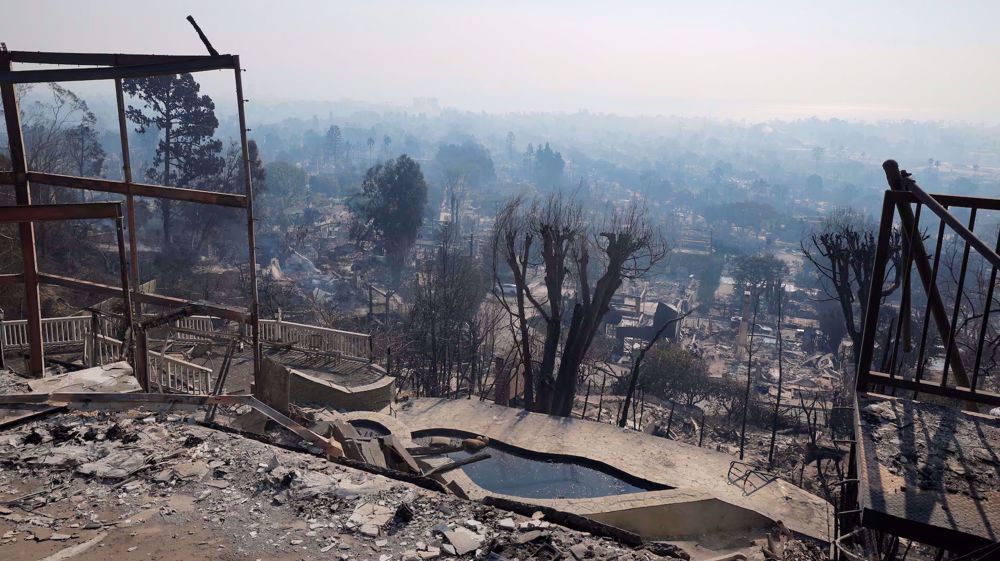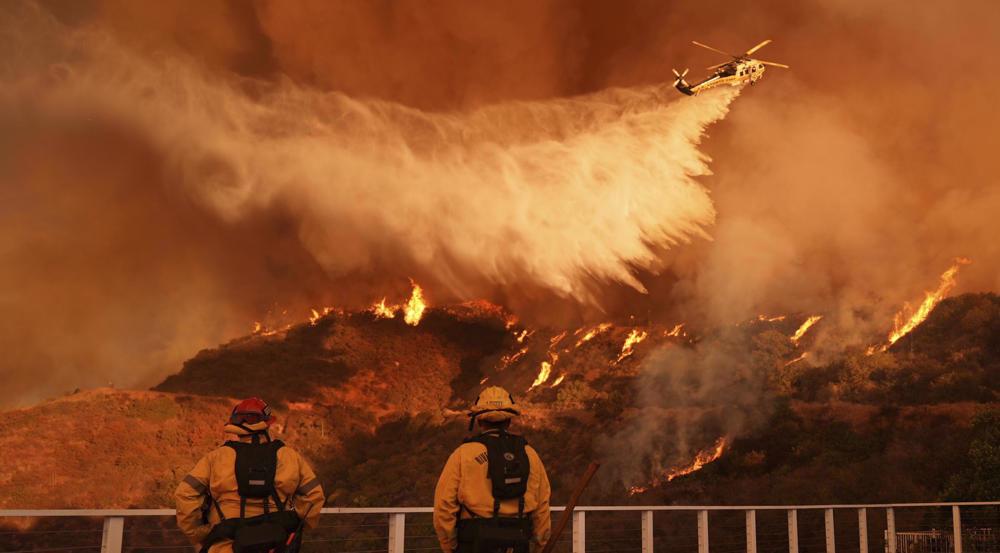US records deadliest day from coronavirus in 24 hours: WHO
The United States experienced its deadliest day on record due to the coronavirus on Thursday, according to data published by the World Health Organization.
There were 2,909 deaths due to COVID-19 in the 24 hour period from Thursday through Friday, according to the WHO data, which was reported by US media on Sunday.
Before May 1, the next highest US daily death toll was 2,471 reported on April 23, according to the WHO.
US health officials have previously warned that data on coronavirus deaths are difficult to analyze because they often represent patients who became ill and were hospitalized weeks ago.
So far, over 1,188,100 people have tested positive for COVID-19 and more than 68,500 have died of the disease across the United States.
President Donald Trump said Sunday the coronavirus death toll in the United States could reach 100,000, a projection that seems to be a considerable upward shift from his previous estimates.
Public health officials have warned that as Americans grow frustrated by restrictions states ease their lockdowns, the virus could spread rapidly across communities that have yet to experience a major epidemic.
Dr. Scott Gottlieb, former commissioner of the Food and Drug Administration, said Sunday the US could see 20,000 to 30,000 new cases and 1,000 deaths a day this summer.
“While mitigation didn’t fail, I think it’s fair to say that it didn’t work as well as we expected,” Gottlieb said on the CBS News show "Face the Nation."
“We’re looking at the prospect that this may be a persistent spread,” he said.
More than 3.8 million laid-off workers applied for unemployment benefits last week as the US economy slid further into a crisis that is becoming the most devastating since the 1930s.
Roughly 30.3 million people have now filed for jobless aid in the six weeks since the coronavirus outbreak began forcing millions of employers to close their doors and slash their workforces.
That is more people than live in the New York and Chicago metropolitan areas combined, and it’s by far the worst string of layoffs on record. It adds up to more than one in six American workers.
With more employers cutting payrolls to save money, economists have forecast that the unemployment rate for April could go as high as 20%. That would be the highest rate since it reached 25% during the Great Depression.
Jan. 15: ‘Axis of Resistance’ operations against Israeli occupation
VIDEO | US fires: Criticism mounts over govt. failure to respond
VIDEO | Fears, hope in Gaza amid intensified ceasefire efforts
VIDEO | Press TV's news headlines
Hamas: Ceasefire agreement result of steadfastness, resistance in Gaza over 15 months
Hamas thanks Iran, Resistance Front following achievement of ceasefire in Gaza
'Capitulation': Israeli officials and media concede Gaza defeat as truce unfolds
'Gaza has won': Social media users react to ceasefire with mix of relief, joy











 This makes it easy to access the Press TV website
This makes it easy to access the Press TV website